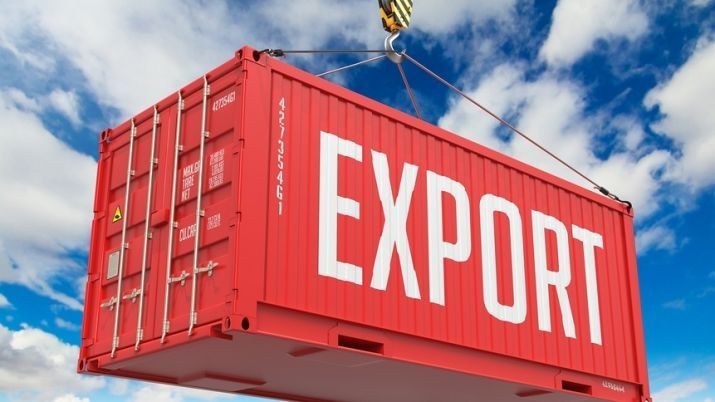ASTANA – Kazakhstan’s foreign trade turnover increased by 25 percent to $69.5 billion last year. The country’s exports increased by 30 percent and reached $48.3 billion; imports grew by 15.5 percent to $29.3 billion, Minister for Investment and Development of Kazakhstan Zhenis Kassymbek reported at a May 2 government meeting.
Over four years from 2013 to 2017, the share of manufacturing exports in Kazakhstan’s total exports increased from 23 to 32 percent.
“This year we are observing a positive export trend. According to relevant data, in the first two months of this year, exports exceeded $8.8 billion, which is 27.4 percent – $1.9 billion – higher than in the same period last year,” Kassymbek said.
In the meantime, the country provides financial and service support to boost export volumes.
“In 2010-2017, exporters were provided with financial and insurance support worth more than 112.6 billion tenge (US$340.6 million). The government also ensured export trade financing worth 14.7 billion tenge (US$44.4 million) and pre-export financing at 5 billion tenge (US$15.1 million). More than 40 exporters receive financial support every year. As part of the service support for exporters in 2010 to 2017, 1,800 manufacturers were able to conclude export contracts for more than $2 billion, including $197 million in 2017. Expenses were compensated to 204 exporters for 1.6 billion tenge (US$4.84 million). Every year more than 400 exporters receive service support in the country,” the minister said.
To increase the share of non-primary sector exports, the government is working with the ministries, the Atameken National Chamber of Entrepreneurs, Kazakh Invest, the Kazakh Export insurance company and local executive agencies to modernise existing enterprises and introduce new export-oriented industries. The market shows a steady trend since 2015 with the introduction of seven-eight new products to foreign markets.
“In 2017, eight new products were brought to foreign markets: Niva and Peugeot cars, solar panels, gas boilers, cartridges, rails, POS-terminals and dry mare’s milk,” Kassymbek pointed out.

